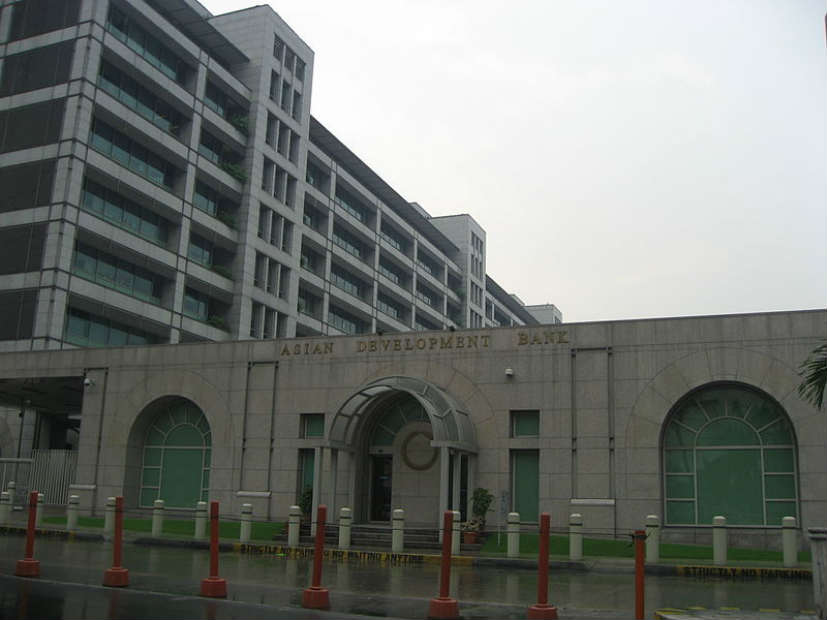The Asian Development Bank (ADB) increased its financing for environmental sustainability and reduced its corporate footprint in the past 2 years, as part of its efforts to address environmental degradation and natural resource depletion in Asia and the Pacific, according to a new ADB report.
The 2018 ADB Sustainability Report, which was released yesterday to mark World Environment Day, documents ADB’s work to promote economic, social and environmental sustainability in its operations as well as its corporate activities and facilities in 2016 and 2017.
“The Sustainability Report demonstrates how ADB’s operations, human resources, and facilities management are aligned with and contribute to the Sustainable Development Goals,” said ADB Vice-President for Knowledge Management and Sustainable Development Mr Bambang Susantono. “Looking ahead, we must renew and ramp up our commitment to making ADB and its operations more sustainable. We must also continue to modernize our corporate facilities and promote diversity in our staff.”
“To show ADB’s commitment to lower its carbon footprint at its Manila headquarters and minimize its effect on the environment and the community, we are sourcing energy from solar and geothermal plants, reusing rainwater for irrigation and other purposes, operating a waste segregation area, and using a sewage treatment facility to treat wastewater,” said ADB Vice-President for Administration and Corporate Management, Ms Deborah Stokes. “Aside from these, we also continue to achieve and maintain international certifications to ensure our goal toward sustainability lasts into the future.”
In 2015 to 2017, the 3-year average for the number of ADB projects supporting environmental sustainability reached 58% of ADB’s project portfolio, exceeding its target of 55% by 2020. This amounts to over US$28bn, or 57% of ADB’s total commitments of close to $50bn in the same period. Furthermore, in 2016-2017, US$2.8bn worth of green bonds were issued to channel investor funds into low-carbon, climate-resilient development.
Climate finance from ADB’s own resources reached US$4.5bn in 2017, a 64% increase from 2015, putting the bank on track to meeting its US$6bn annual target by 2020. In addition, the High-Level Technology Fund was launched in April 2017 to promote advanced technologies and innovative solutions in project design and implementation.
At the same time, ADB has also demonstrated its commitment to environmental sustainability by improving its corporate footprint. Starting in 2016, carbon credits have been purchased to fully offset ADB headquarters’ green gas emissions, making it carbon neutral for the first time. Installation of low-flow and low-flush water fixtures at ADB headquarters also decreased potable water consumption by about nine percent. ADB received ISO 20121 certification for the sustainability and carbon neutrality of its 49th and 50th Annual Meetings.
Moreover, in 2016-2017, ADB exceeded its target in delivering intended gender equality results in its operations, continued to embed social and environmental safeguards in all of its projects, and continued to share relevant knowledge and innovative approaches to promoting sustainable development in the Asia and Pacific region.
ADB celebrated World Environment Day by highlighting the plastic pollution crisis in the region, in line with this year’s theme chosen by the United Nations Environment Programme, “Beat Plastic Pollution.” About 50% of all plastic used in the region is considered single use, and nearly a third of plastic packaging escapes waste collection systems, polluting the environment and entering the world’s oceans.
ADB invests in projects that directly and indirectly address waste management issues, including marine pollution and plastic waste. Investments include waste water treatment, watershed management, wetland rehabilitation, and coastal and marine resources management. At its headquarters, ADB’s food service providers stopped selling bottled water in 2013 and is encouraging staff to stop using plastic straws.

